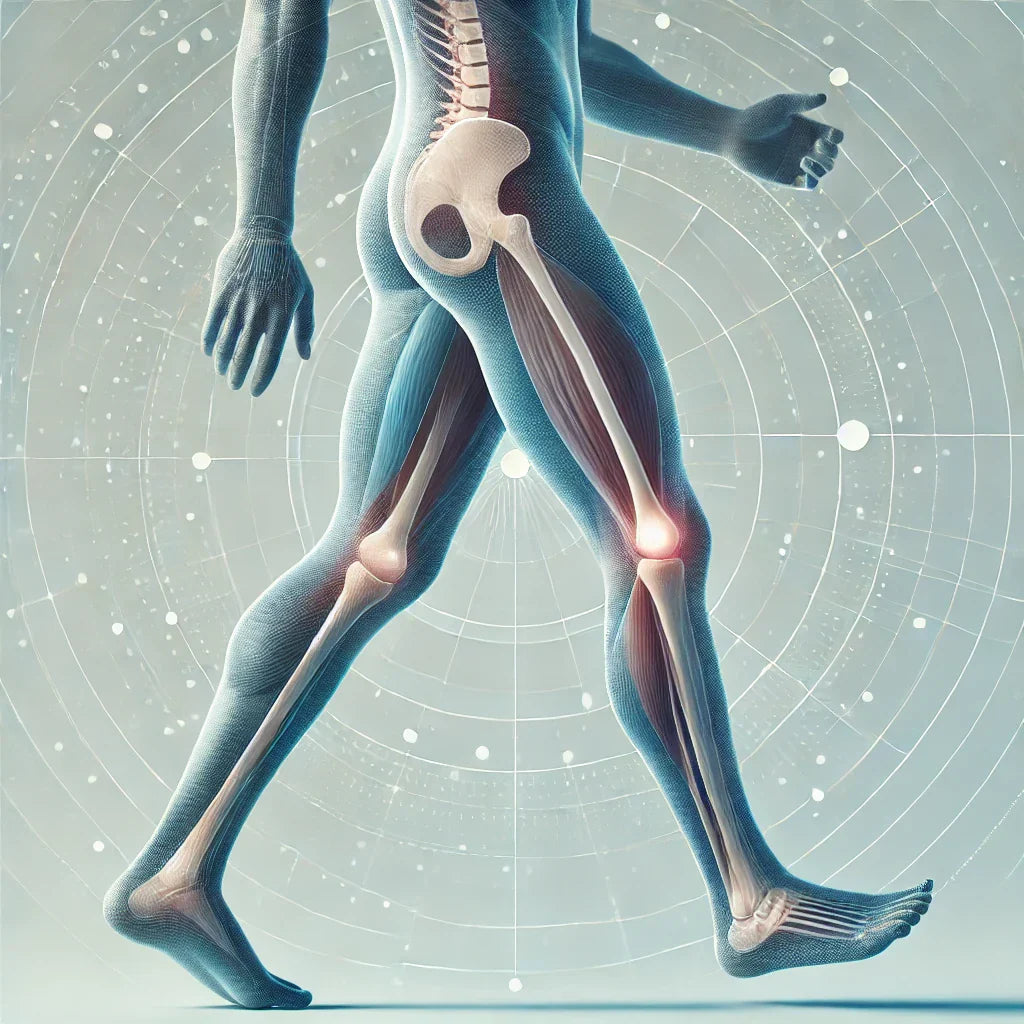News — muscle health
The Metabolic Cost of Aging: Why Sarcopenia Is Slowing You Down
age and body composition age-related muscle decline aging metabolism creatine for aging how to prevent sarcopenia LongLife Nutri metabolic slowdown metabolic support metabolism after 40 metabolism and muscle muscle health muscle loss with age muscle supplements protein for seniors reverse sarcopenia sarcopenia sarcopenia symptoms strength training for older adults supplements for aging muscle vitamin D and aging
Ever wonder why it becomes harder to stay lean, energized, and strong as you age—even when your lifestyle doesn’t seem to change? The answer often lies in an under-discussed culprit: sarcopenia. This age-related loss of muscle mass doesn’t just affect your strength—it has profound effects on your metabolism, fat distribution, mobility, and long-term health.
Understanding the connection between aging, muscle loss, and metabolism is critical if you want to age gracefully and maintain vitality. This complete guide explores the metabolic cost of aging, how sarcopenia sneaks up on you, and what you can do right now to slow or even reverse its impact.
Trendelenburg Gait: Causes, Symptoms, Diagnosis & Best Exercises
balance training corrective exercises gait abnormalities gait rehab gait retraining glute medius exercise glute strengthening hip drop hip surgery recovery hip weakness muscle health nerve injury neurological gait orthopedic gait issues physical therapy superior gluteal nerve Trendelenburg gait Trendelenburg test walking imbalance walking posture
Trendelenburg gait is more than just an unusual walk—it’s a clinical clue to underlying muscular or neurological dysfunction. Named after the German surgeon Friedrich Trendelenburg, this distinctive walking pattern involves a noticeable drop of the pelvis on one side during walking, typically due to weakness in the gluteus medius muscle. For some, it may go unnoticed, while for others, it can severely impact mobility and quality of life.
Understanding this condition is crucial for proper intervention. Whether caused by muscle weakness, nerve injury, or post-surgical complications, Trendelenburg gait often requires a multifaceted approach. From early symptoms and causes to the most effective exercises and rehab strategies, this article breaks down everything you need to know to identify, manage, and potentially correct this gait abnormality.


